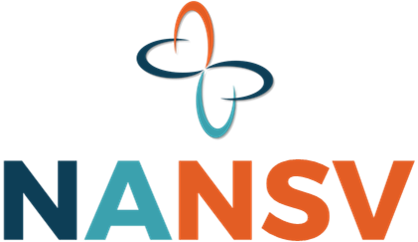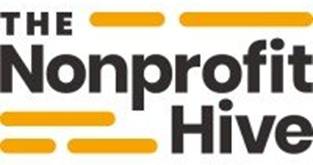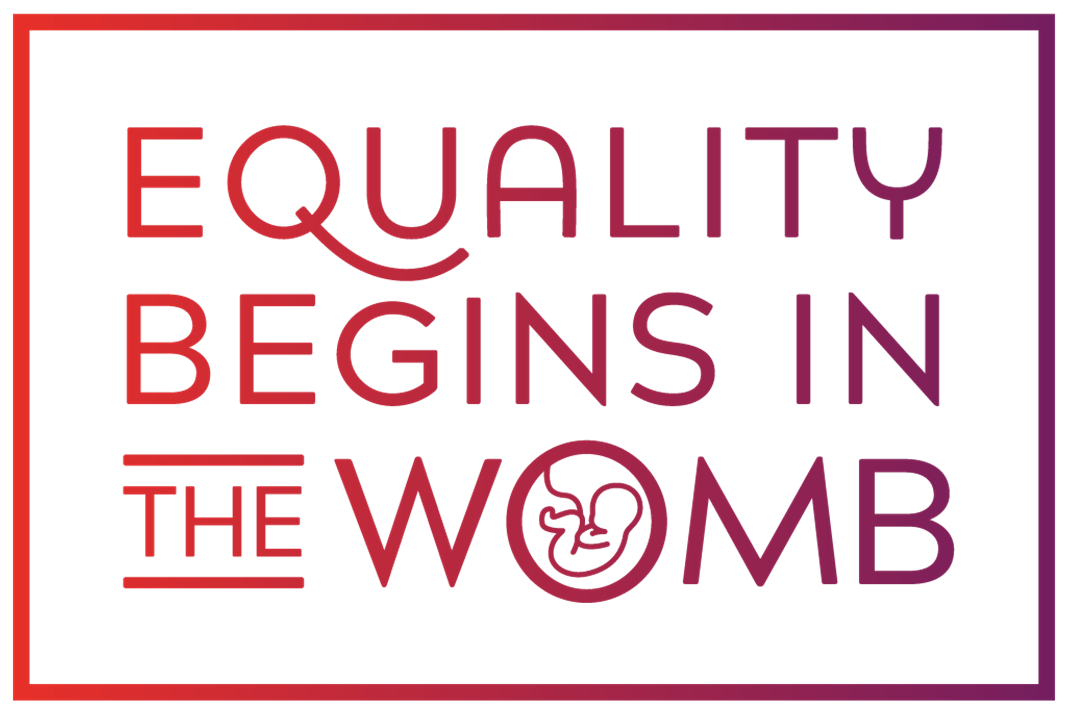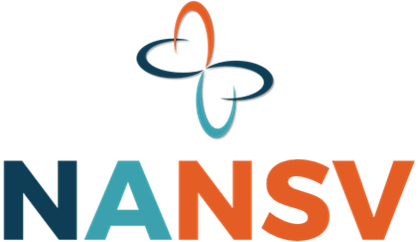What's the Most Important Skill in Modern Marketing?
Critical thinking is the competency that dwarfs all others
Originally published Oct 21, 2015
The more I talk about the future of marketing in organizations of all types, the more I've thought about exactly what skills and abilities people should be bringing to the table in order to engage and deliver for customers. The list is long—things like dynamic profiling, data analytics, brand management, lead generation, storytelling, user experience customization, social media and monitoring, influencer marketing, mobile engagement, cross-channel campaigns, marketing automation… whew! And that's just a sample!
The people that bring these types of skills in one package, if they exist at all, are prohibitively expensive for many organizations, so they have to look to Plan B to get the resources they need. Part of the solution is focusing and prioritizing, and this requires coherent strategies. Next up is job design—roles, responsibilities, and required competencies—that reflects a cost-effective application of the workforce, which will differ based on organizations' sizes, budgets, cultures, infrastructures, labor pools, member needs, and other factors that necessitate differentiation in staffing structures. Then the challenge is finding, reaching, attracting, and securing qualified candidates in a competitive landscape. All of the "prep work" can be done to perfection, but candidate acquisition may still be quite difficult, if only because others are likely to be looking for people with similar backgrounds.
We have to be honest with ourselves and admit that landing the "perfect
candidate", even for a role that's been tightly designed in consideration
of every factor, is something organizations cannot rely on. At the same
time, as we've discussed at length on the road and in previous publications, it's
very clear that settling for less than a role requires is a dangerous
proposition. Sometimes that's necessary, though, and if it's well-planned
(e.g., managers have thought through what can be trained, and have a program to
provide the necessary education over time), it can work. If you're going to
take that approach, the least you need to know is the "essentials on
hire", the skills and abilities an individual needs coming in the door.
True, this will vary by organizations and jobs, but is there something more
fundamental to successfully developing new hires so they ultimately meet full
role requirements?
This is the question I've been mulling over lately. If we summarize all of the
competencies we are asking for, what we really want are people who can
integrate multiple disciplines—people who are able to blend professional,
analytical, and technical knowledge to create, implement, evaluate, and adjust
solutions that cost-effectively engage dynamic markets. A solid
understanding of the "technical" elements is obviously critical, but the ability to bring them
together to address the challenge is truly indispensable. I'd argue, therefore,
that the one skill that is absolutely essential is "critical
thinking". Without disparaging so many people who have spent long,
successful years with their organizations up until now, this is ostensibly a new thought about what is really a universal requirement. Why? It's possible "yesterday's work" didn't require
most people regularly demonstrate this ability. Or, perhaps no one recognized the benefits.
People who can think critically can look navigate a series of variables and get
from point "A" to point "B" without having the route mapped
out for them. This is crucial in an era in which "big data" is
accessible, options for engaging the market are so extensive, competition is
more intense, time is of the essence, and resources are limited. Also, critical thinkers don't need to have all of the information. They're
able to figure out what they need, what they know, and where they need help,
and they're usually pretty good at finding answers. This isn't just a treatise
on the inherent worth of critical thinkers, though. It really matters. It means
that if you have to, it may be plausible to hire less experienced people whose skills aren't
quite as wide-ranging or well-developed as the job calls for, as long as they
have that one essential ability. In the end, they may end up being the best employees
you've ever had.
How do you find these miniature stars-in-the-making? Arguably, critical
thinking is an ability that can't really be taught. You either have it (even if
you don't use it) or you don't. So, when you're evaluating candidates, you have to
do three things:
- Ask for the
"hard knowledge" you'd like to have in a new employee
- Know the minimum qualifications you're willing to settle for
- Test candidates who only meet the minimum to see if they're able to reason conditions to solutions
This generally means using live scenarios,
case studies, or similar methods to watch how people reason through issues—how
they respond when they don't know an answer, what questions they ask, etc. It's
worth making the interview process a little bit harder to find the diamond in
the rough, especially if you're not getting candidates who are exact matches
for what you need.
As you might be able to tell, I'm a big proponent of critical thinkers. It pleases
me that the contemporary environment and organizations' needs lend itself so well to this
under-appreciated ability, often overlooked at the expense of the woman with a
few more years monitoring Twitter or the guy who claims he led successful campaigns.
It's not a cure-all, but it can go a long way to helping you get effective employees.
What do you think?
Do you agree, are you not convinced? Do you have experiences with staff who have less technical knowledge but can critically think? Do you want to know more? Drop me a line and let's talk.
Read Other Posts


















